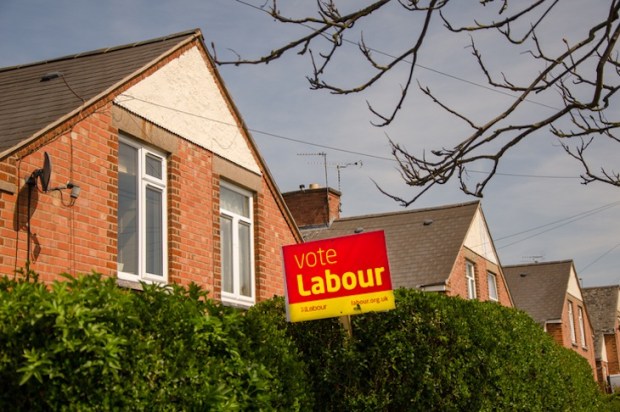It’s been one year since Nigel Evans’s local Conservative party agreed to let him stand again in the general election, nearly 18 months since he was acquitted of charges of rape and sexual assault, and four months since he was duly re-elected as MP for the Ribble Valley. But the former deputy speaker is still trying to put his life back together. I visited the 57-year-old Conservative MP in his Lancashire home and it’s obvious from our conversation that the allegations have had a huge impact on his life — and not a positive one.
‘Each day, I’m improving,’ he says. ‘It’s not absolutely perfect. I still go back over things which I should let go. I still get a bit moody on thinking of things that have gone past. But every day it gets better.’ Though he refuses to change the way he lives, he says ‘nothing will ever be the same again’. ‘It was a huge trauma but I’m not going to go around the rest of my life with recording devices on me. If somebody wants to try and set me up, then so be it. It’s not a life worth living.’
The damage to his reputation stalked him throughout the general election. During the campaign, a voter came up to and informed him that ‘I’m not voting for you and you know why’. ‘I don’t actually,’ Evans responded, before the voter told him ‘Yes you do!’. It was a disheartening experience. ‘So I’m supposed to make the assumption that what? Maybe it’s because I’m gay? Because funnily enough, some people don’t like that either,’ he says.
Although he was re-selected as Tory candidate for the rural Ribble Valley constituency and easily won re-election, his local newspaper reported mixed feelings among its readers. Even though he wasn’t convicted, some aspects of Evans’s character revealed in court were felt by some to be unsuitable for being an MP.
‘I don’t think anyone could have worse headlines written about themselves other than me over a 12-month period and in the end I think people made their own judgment as to what’s true and not true,’ he says. ‘If people want to do an à la carte as to what they think is true and not true it’s up to them — it’s where the no smoke without fire campaign comes from.’
Since his ordeal, Evans has become a staunch advocate for anonymity for rape suspects – a campaign he wished he’d backed sooner. Although he’s made a short film for the BBC arguing for his side of the case, he is still uncertain as to how to proceed next.
‘I haven’t quite made my mind up yet —I think there must be an opportunity for the police to be able to turn around to either three retired judges or three judges and say “this is why we believe the anonymity should be lifted in this case”. Seasoned people could look at it and decide.’
He cites Cliff Richard as an example of how unproven allegations can be damaging. ‘Whatever it was it was appalling: not charged, not questioned, not arrested. I assume his lawyers are talking to the police on a regular basis saying can we bring this to an end,’ he says. Despite the drag on his reputation, Evans at least feels pleased to have an opportunity to campaign. ‘I’ve been given this second chance. I’m far more determined to do something like change the law.’
Evans also has strong views about how celebrities are treated by the media. He strongly agrees with Stephen Fry’s comment that accused celebrities are treated like flypaper. ‘That’s exactly what it is but it’s flypaper which is not just hanging there but is dragged through the streets as quickly as possible in order that everybody sees it,’ he says.
As we chat, the MP glances from time to time at a huge plasma TV playing rolling news silently on his wall. The man who first stood for parliament 28 years ago has one eye on what’s going on in the world while trying to fathom his own future. Evans may be that same politician, but he’s now ‘less trusting, more cautious, more compassionate, but more human’.






Comments